Where to Buy Chinese Yuan: Your Guide to Exchanging Currency
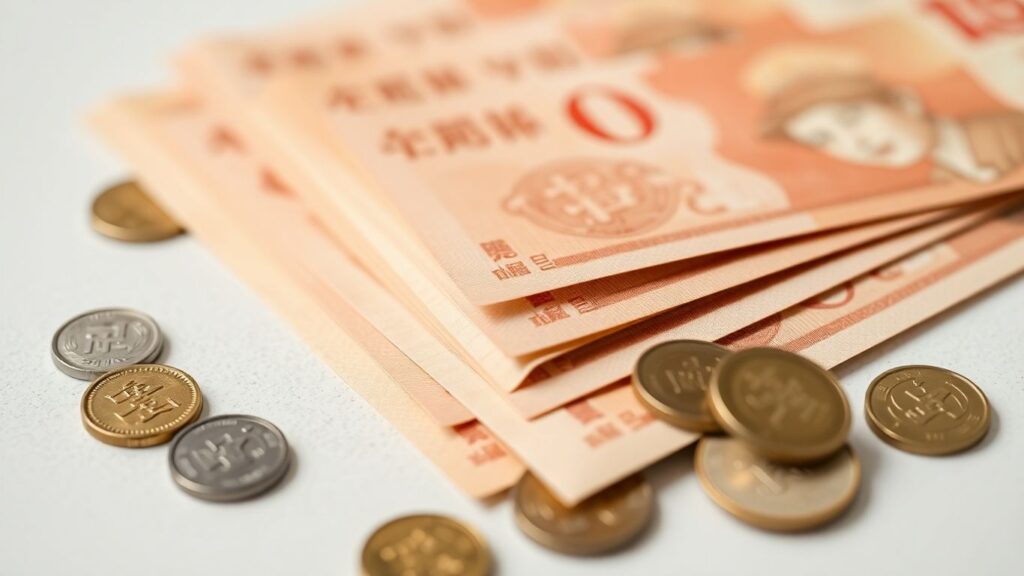
Planning a trip to China or sending money to loved ones there? You’ll definitely need to get your hands on some Chinese Yuan, also known as Renminbi. Figuring out the best way to buy Chinese Yuan can feel a little overwhelming with all the options out there. Don’t worry, though. We’ve broken down where to get your currency, how to understand exchange rates, and some handy tips to make sure you get the most bang for your buck. Let’s get you ready to handle your money in China.
Key Takeaways
- You can buy Chinese Yuan in person at currency exchange offices or banks, or order it online for delivery. Each method has its own pros and cons regarding convenience and rates.
- Always compare exchange rates from different places, like banks, online services, and exchange bureaus, to find the best deal. Keep an eye on the mid-market rate as a benchmark.
- Be cautious of currency exchange services at airports and hotels, as they often have higher fees and less favorable rates. It’s usually better to exchange money before you travel or at a local bank.
- When using ATMs in China, always choose to be charged in the local currency (Yuan) to get a better exchange rate and avoid extra fees from your bank or the ATM provider.
- Notify your bank and credit card companies about your travel plans to prevent any issues with your cards being flagged for suspicious activity while you’re abroad.
Where To Buy Chinese Yuan

So, you’re planning a trip to China and need to get your hands on some Chinese Yuan (CNY). It’s not as simple as just walking into any old shop, but thankfully, there are a few solid ways to go about it. You’ve got options, and figuring out the best one for you really depends on how much you value convenience versus getting the absolute best rate. Let’s break down the main ways you can snag your Yuan before you jet off.
This is probably the most traditional method. You walk into a place, hand over your dollars (or whatever currency you’re using), and walk out with Yuan. It’s straightforward, and you can physically see the money you’re getting. However, it’s not always the cheapest, and you might spend some time hunting for a good rate or a place that actually has the currency you need.
- Reputable Currency Exchange Offices: These are your go-to spots. Places like VBCE specialize in foreign currency and often have better rates than, say, a random shop. They usually stock a good range of currencies, so there’s a decent chance they’ll have CNY on hand. It’s always a good idea to call ahead, though, just to make sure they have enough Yuan available for your needs.
- Banks: Many banks offer foreign currency exchange services. You can often order Yuan online through your bank’s website and then pick it up at a branch. This can be super convenient if you’re already banking with them. Just be aware that bank rates can sometimes be a bit less competitive than dedicated exchange services.
- Airports and Hotels: While these places offer the ultimate convenience (you can exchange money right before you board your flight or when you check in), they usually come with the worst exchange rates and highest fees. It’s generally best to avoid these unless you’re in a real pinch and absolutely need some cash immediately.
When you’re exchanging cash in person, always double-check the amount you receive before leaving the counter. It’s easy to make a mistake, and it’s much harder to sort out once you’re out the door.
This method has become really popular because, let’s face it, who doesn’t love getting things delivered? You can order your Chinese Yuan online from various providers, and they’ll mail it right to your doorstep. It saves you a trip to a physical location, and you can often compare rates from different online services without leaving your couch. The main thing to remember here is that you’ll need to be home to sign for the delivery, and it can take a few business days to arrive, so plan ahead.
- Convenience: No need to find a physical exchange office. Your money comes to you.
- Comparison: Easier to shop around online for the best rates.
- Availability: Less risk of showing up and finding out they’re out of Yuan.
Travel money cards are a bit like a hybrid between a debit card and carrying cash. You load them up with a specific currency, like Chinese Yuan, and then use them to pay for things or withdraw cash from ATMs while you’re abroad. The big advantage here is that you can often lock in an exchange rate when you see a good one, or you can let the card convert at the live rate when you make a purchase. This gives you a lot of flexibility, and it’s generally safer than carrying large amounts of cash. Services like Wise offer these cards, allowing you to manage your money digitally and convert currencies easily.
- Security: Safer than carrying cash, with PIN protection and the ability to block the card if lost or stolen.
- Flexibility: Can often be topped up online and used at ATMs worldwide.
- Rate Management: Option to lock in rates or use live rates, depending on your strategy.
Understanding Chinese Yuan Exchange Rates
When you’re getting ready for a trip to China or sending money there, figuring out the exchange rate for Chinese Yuan (CNY) is a big part of the puzzle. It’s not just about knowing how many US dollars you’ll get for your Yuan, or vice versa. There’s a bit more to it, and understanding these details can save you some money.
Comparing Rates From Multiple Sources
Just like shopping for anything else, you wouldn’t buy the first thing you see, right? The same goes for currency exchange. Different places will offer different rates, and some are definitely better than others. It’s a good idea to check a few spots before you commit. Think about online currency exchange services, your local bank, and maybe even some dedicated currency exchange offices. Each will have its own pricing structure.
The Mid-Market Exchange Rate Benchmark
Ever wonder what the
Best Places To Buy Chinese Yuan
So, you’re heading to China and need some cash. Where’s the best spot to snag some Chinese Yuan (CNY)? It really depends on what works best for you, but here are the main places people go.
Reputable Currency Exchange Offices
These are probably what most people think of first. You walk in, hand over your dollars (or whatever currency you have), and walk out with Yuan. Some places will even take a card payment, which is handy. The big thing here is that rates and fees can change a lot from one office to another, so it pays to shop around a bit. The upside is you usually get your cash right then and there. Just be aware that the rates you see advertised might not be the exact rate you get, as they often add a little something extra.
Banks Offering Foreign Currency Services
Your own bank might be an option, but it’s a bit of a mixed bag. Some banks let you buy foreign currency right over the counter, but you might need to order it ahead of time. If you bank with a larger institution, they might have Yuan on hand, especially if they offer travel money services. It’s always a good idea to call ahead to see if they have what you need to avoid a wasted trip. They’re generally seen as a safe bet, but their rates might not always be the most competitive.
Online Money Transfer Platforms
This is where things get pretty convenient. You can order your Yuan online and have it delivered right to your door. It’s great because you don’t have to leave your house, and you know exactly what rate you’re getting. Plus, you avoid the stress of showing up at an exchange place only to find they’re out of the currency you need. Services like Wise offer competitive rates and let you choose delivery or pickup. Just make sure someone’s home to sign for the delivery if you go that route. It’s a solid option if you plan ahead a little.
When To Buy Chinese Yuan
Deciding the best time to get your Chinese Yuan (CNY) can feel a bit like a guessing game, and honestly, there’s no magic bullet. Exchange rates are always shifting, influenced by everything from global markets to local economic news. It’s a good idea to keep an eye on the rates for a while before your trip. You can use online tools to get a feel for the trends. If you see the rate trending downwards, you might want to wait a bit to see if it drops further. On the flip side, if it’s climbing, you might consider buying sooner rather than later. But remember, nothing is a sure thing.
Exchanging Money Before Your Trip
Getting your yuan before you leave home is often the most convenient option. You can usually do this through banks, dedicated currency exchange offices, or online services. This way, you arrive in China with cash in hand, ready to go. It saves you time and the potential hassle of searching for an exchange bureau right after a long flight. Plus, you can shop around for the best rates from the comfort of your own home. Some online providers even offer delivery right to your doorstep, though you’ll need to be home to sign for it.
Purchasing Yuan Upon Arrival
While it’s possible to buy yuan when you land in China, it’s generally not the most recommended approach. Airport exchange counters and hotel desks often have less favorable exchange rates and higher fees compared to other options. You’ll also spend valuable vacation time hunting for a place to exchange money, time that could be better spent exploring. If you do need to exchange money upon arrival, look for banks or reputable exchange offices away from the immediate airport or hotel areas.
Timing Your Currency Exchange
So, when is the ideal moment? It really depends on your risk tolerance and how much you want to play the market. Some travelers like to spread out their purchases, buying a little bit of yuan at different times to average out the exchange rate. Others prefer to wait for what they perceive as a good rate and buy it all at once. A travel money card can offer flexibility here; you can load it with funds and then convert to yuan when you see a rate you like, or just use the live rate when you spend. This approach can help you manage your budget and potentially get a better deal without having to predict the market’s every move. Ultimately, the best time to buy is when you feel comfortable with the rate you’re getting.
Exchange rates fluctuate constantly. While it’s smart to monitor them, don’t get too caught up in trying to time the market perfectly. Focus on getting a rate that works for your budget and makes you feel confident about your travel funds.
Tips For Buying Chinese Yuan

Getting your hands on Chinese Yuan (CNY) before you jet off or even while you’re there can feel like a bit of a puzzle. But don’t sweat it! A few smart moves can save you money and hassle. Always do a little homework before you exchange your cash. It really does make a difference.
Here are some pointers to help you get the best deal:
- Tell Your Bank About Your Trip: This is a big one. If you suddenly start using your debit or credit cards in China, your bank might flag it as suspicious activity and freeze your accounts. A quick call or online notification can prevent a major headache.
- Be Skeptical of Airport and Hotel Exchanges: While convenient, these places usually offer the worst exchange rates and charge hefty fees. It’s like paying a premium for the convenience, and honestly, it’s rarely worth it. Try to get a small amount of yuan before you leave or wait until you’re further from the airport.
- Understand ATM Withdrawal Options: Using ATMs in China is generally a good way to get cash, and often at a better rate than exchange bureaus. However, make sure your card is compatible with the ATM network (look for Visa, Mastercard, etc.). Also, remember that withdrawing in the local currency, CNY, will usually get you a better conversion rate than if the ATM offers to convert it for you.
China has specific rules about how much foreign currency you can bring in and take out, and there are annual limits on sending money abroad. It’s a good idea to get familiar with these foreign exchange controls before your trip to avoid any surprises. You can find more information on these regulations if you look into China’s foreign exchange controls.
- Compare Rates Actively: Don’t just go with the first place you see. Check rates online, at different banks, and at currency exchange shops. Even a small difference can add up, especially if you’re exchanging a significant amount.
- Consider a Travel Money Card: Services like Wise offer travel cards where you can load up CNY. This can be a good way to lock in a favorable exchange rate when you see one, or just use the live rate when you spend. It offers flexibility and can sometimes be cheaper than carrying a lot of cash or relying solely on credit cards.
Using Your Chinese Yuan In China
So, you’ve got your Chinese Yuan (CNY) all sorted and you’re ready to hit China. That’s awesome! But before you start flashing your cash, it’s good to know a few things about how money works there. Making payments in yuan is definitely your best bet because it’s accepted pretty much everywhere, and you’ll usually get a better deal on whatever you’re buying.
Acceptance of Foreign Currency
While you might find some places, especially in tourist spots, that accept US dollars, it’s not the norm. Don’t count on it. It’s always best to ask the merchant upfront if they take foreign currency. Honestly, though, trying to pay with dollars can be a hassle and you’ll likely get a worse exchange rate than if you just used yuan. So, stick to the local currency whenever possible.
Understanding Local Payment Norms
China is really moving towards a cashless society, and mobile payments are king. Apps like Alipay and WeChat Pay are used for almost everything, from buying groceries to paying for a taxi. If you’re a tourist, linking your international credit or debit card to these apps can be a bit tricky, though some platforms are making it easier. For most travelers, using a travel money card or withdrawing cash from ATMs is still a practical approach. Just remember that smaller shops or markets might not take cards at all, so having some cash is always a good idea, especially if you venture outside the big cities. You can find ATMs in most urban areas, but they get scarce in the countryside.
Tipping Etiquette in China
Here’s something that might surprise you: tipping isn’t really a thing in China. In fact, in many situations, trying to give a tip might actually embarrass the service staff. It’s quite different from places like the US. However, in some fancier hotels or restaurants, especially in major cities, you might see a small tip being accepted more often now. If you feel you received truly exceptional service, you can try leaving a little something extra, but don’t be shocked if they politely refuse it. It’s just not part of the local culture.
When you’re in China, it’s really about adapting to their payment systems. While cash is still useful, especially in more remote areas, the trend is heavily towards mobile payments. For travelers, this means either figuring out how to use those mobile apps or relying on ATMs and cards where accepted. Always having some yuan on hand is a safe bet.
Here are a few things to keep in mind:
- Mobile Payments: Get familiar with Alipay or WeChat Pay if you can. They are incredibly convenient for daily transactions.
- Cash is Still Useful: Always carry some cash for smaller vendors, rural areas, or places that might not accept cards or mobile payments.
- ATM Withdrawals: Use ATMs in China to withdraw yuan. You’ll often get a better rate than exchanging cash beforehand. Just make sure your card is accepted and choose to be charged in yuan to avoid extra fees.
- Card Acceptance: Major hotels and larger stores in big cities will likely accept international credit cards, but don’t assume this is true everywhere. Debit cards can also be used, but again, smaller establishments might not have the facilities.
Wrapping It Up: Your Yuan Exchange Journey
So, there you have it. Getting your hands on Chinese yuan doesn’t have to be a headache. We’ve looked at a bunch of ways to swap your dollars for yuan, from using banks and exchange offices to online services and even ATMs when you get there. Remember to do a little homework before you go, compare those rates, and watch out for extra fees. It might seem like a lot to think about, but with a little planning, you’ll be all set to use your yuan smoothly once you arrive in China. Happy travels!
Frequently Asked Questions
What’s the main currency in China?
The main currency in China is called the renminbi, but most people just call it the yuan. Think of renminbi as the name of the whole money system, and yuan as the name for one unit of that money, like how ‘dollars’ is the system and ‘dollar’ is one unit. The symbol for yuan is ¥.
Where is the best place to buy Chinese yuan?
It’s usually best to buy your yuan after you get to China, rather than before you leave home. You’ll often find better deals at local banks or well-known money exchange services. Avoid places like airports and hotels, as they usually charge more.
Can I use US dollars in China?
While some tourist spots might take US dollars, it’s not common. Your best bet is to use Chinese yuan for everything. You’ll get a better price, and everyone will accept it. It’s a good idea to ask first if a place takes dollars.
Should I exchange money before my trip or when I get there?
You can do both, but you’ll likely get a better exchange rate if you wait until you arrive in China. There are more options there, and competition can lead to better prices for you. If you need some cash right away, exchange a small amount before you go.
What should I watch out for when exchanging money?
Always compare rates from different places. Watch out for hidden fees or extra charges that aren’t clear. Some places might offer a good rate but add on a bunch of fees. Also, make sure the bills you get are real and in good condition.
Is tipping expected in China?
Tipping is not a common practice in China, unlike in the United States. In many cases, service workers might even feel awkward receiving a tip. While it’s becoming a bit more common in fancy restaurants, don’t be surprised if your tip is politely refused.
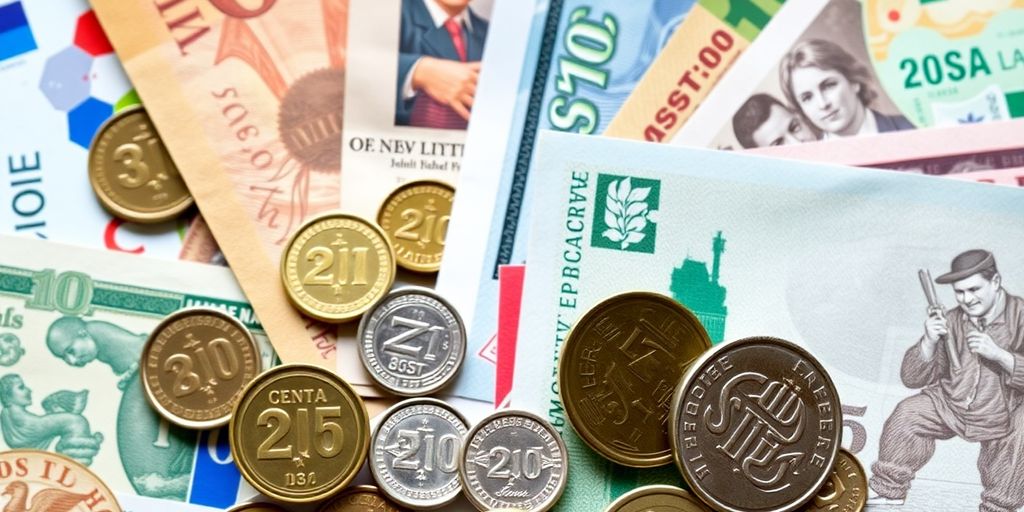
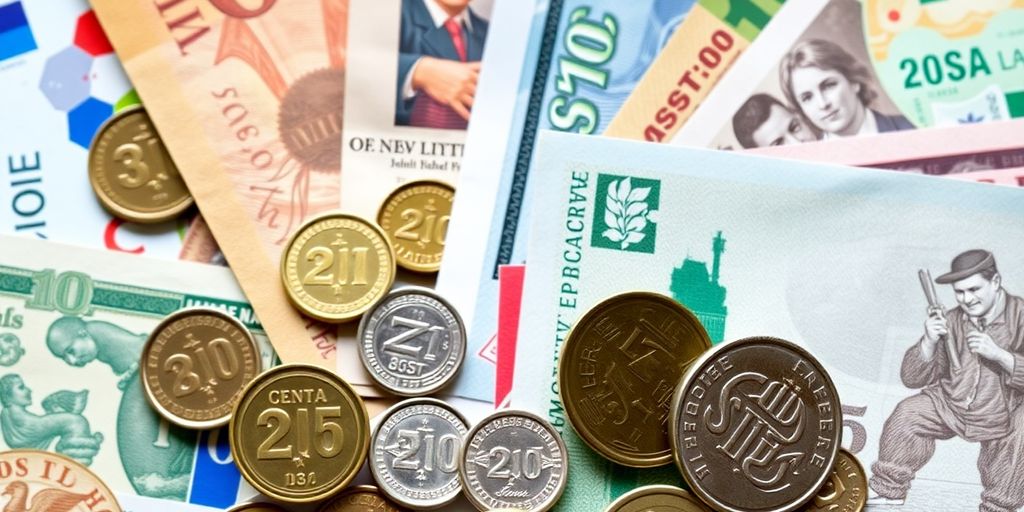

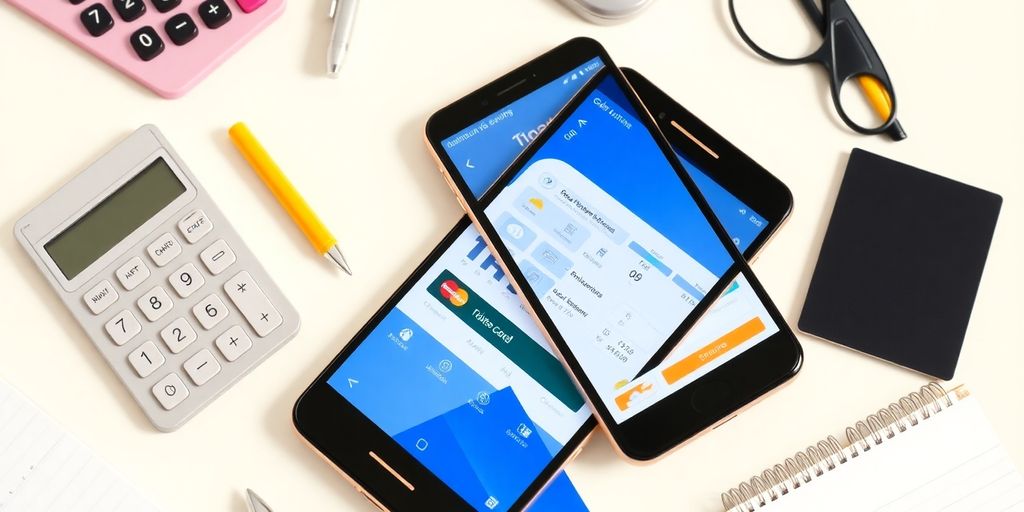
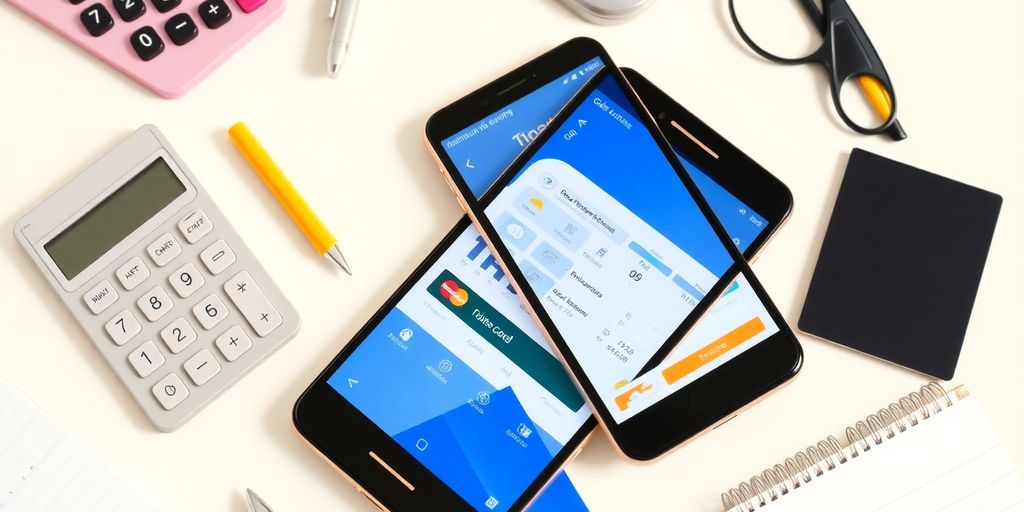
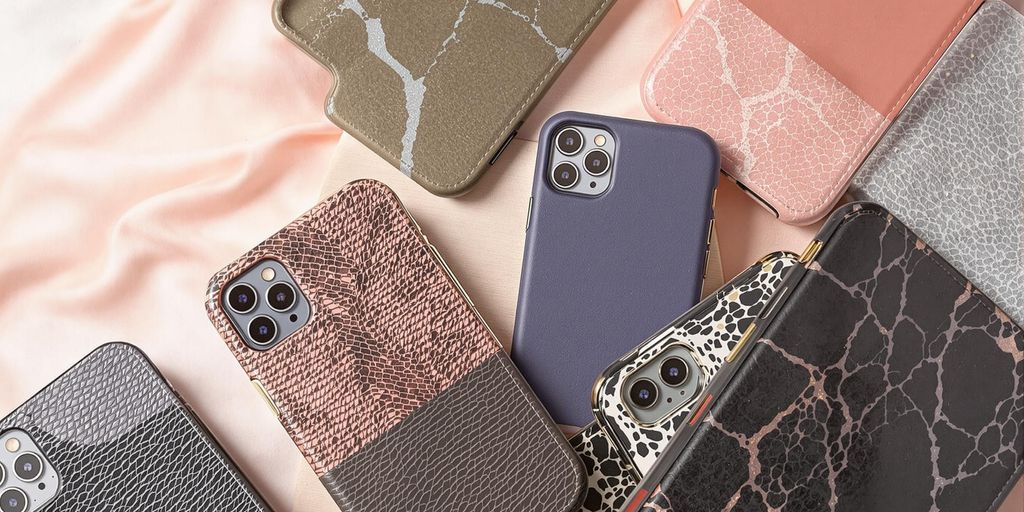


Responses